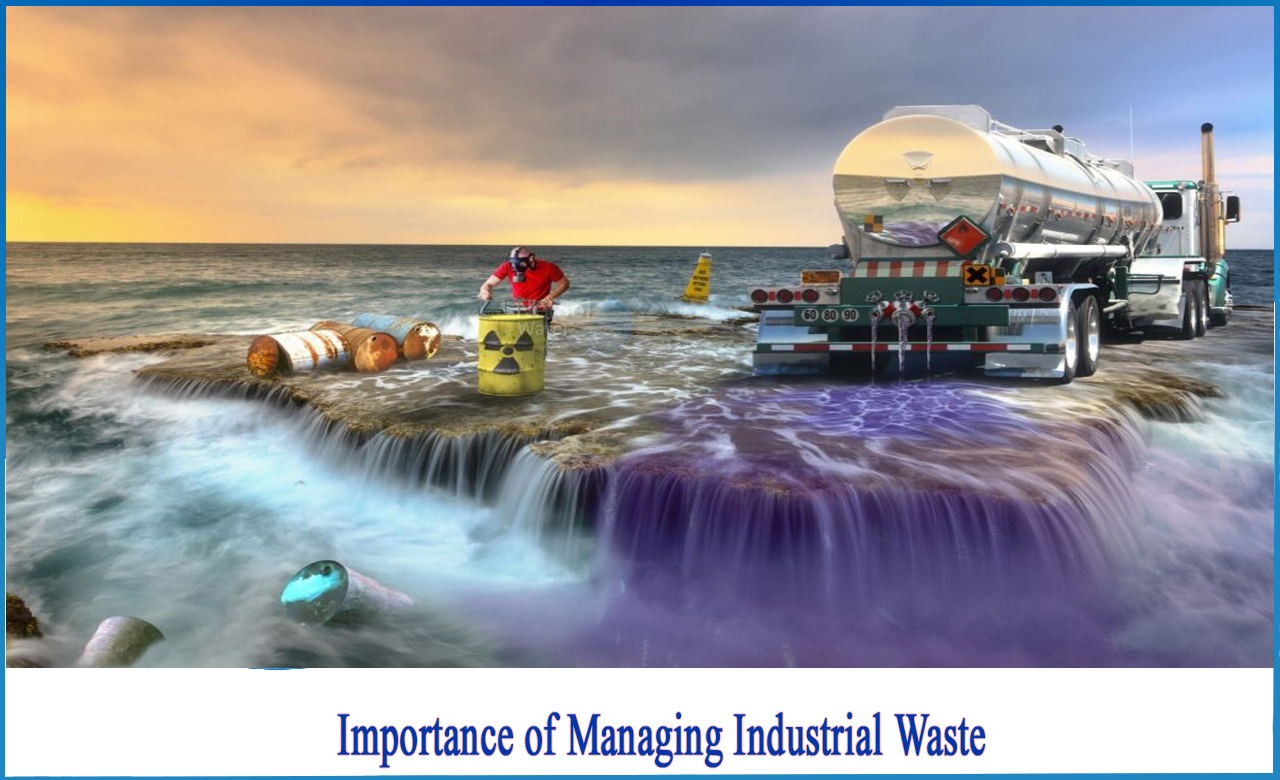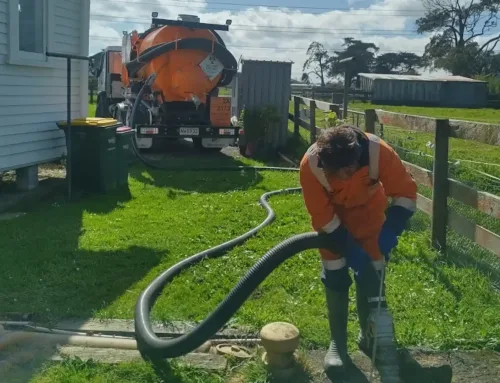Not known Details About Reclaim Waste
Table of ContentsReclaim Waste for BeginnersLittle Known Questions About Reclaim Waste.Excitement About Reclaim WasteWhat Does Reclaim Waste Mean?Reclaim Waste Things To Know Before You BuyThe 15-Second Trick For Reclaim Waste

Never ever put harmful compounds down sinks, toilets or stormwater drains Materials including petroleum, oil, oil, pesticides and herbicides, and solvents such as paint pole dancers need to not be poured down sinks, commodes or stormwater drains pipes. These substances are tough to get rid of in the sewer treatment procedure and create pollution issues in our neighborhood rivers.

Although fluid waste is a term that covers a wide variety of materials, there's an excellent reason why leaving its disposal to the experts is advised. Liquid waste is non-solid material that has no additional usage and has to be dealt with and taken care of according to local, state and federal guidelines.
The Buzz on Reclaim Waste
Instances of fluid waste can include wastewater, fats, oils or oil, made use of oil, liquids, solids, gases or sludges and harmful family fluids, there are some that are thought about to be more dangerous than others when it comes to the environment and the wellness of pets and people alike. It's consequently that each state and territory have actually rigorous regulations connected to liquid waste monitoring.
Liquid waste can be saved in holding storage tanks or packaged in drums, intermediate mass containers or accepted little containers prior to either being treated or gotten rid of through outsourced vacuum cleaner trucks. Provided the nature of the materials, fluid waste can not go in the basic waste stream and there are stringent regulations on how to deal with it correctly.
(https://www.openlearning.com/u/leonaube-smse1x/about/)Relying on a determination of the level of risk, it may be essential to remediate those websites. Furthermore, harmful liquid chemical wastes are managed waste and has to be tracked in conformity with the state waste regulation. Under the chain of custodianship and duties, proprietors are responsible and liable for waste created by a business.
One of the core applications for superabsorbent polymers (SAPs) is liquid waste solidification. liquid waste disposal. SAPs are used by waste management professionals to stop potentially unsafe liquids from entering rivers, groundwater aquifers, and various other delicate settings. Because fluids can rapidly transfer pollutants into ecological receptors and possibly contribute to geotechnical failings, liquid wastes are usually prohibited from disposal in landfills
The Reclaim Waste PDFs
Generally, free fluids are liquids that separate from the solid portion of waste material. Liquid waste can include the following: HDD mud and cuttings Landfill leachate Wastewater treatment sludge & biosolids Dredged sediments Oil and gas drill cuttings Clearing up fish pond muck Hydro Excavation slurry Coal combustion residuals/ash Tank bottom sludge Concrete grinding/polishing slurry Relevant Article: For a practical example of free fluids dividing from waste product, think about the complying with situation: A waste administration professional tons a dump vehicle with sludge from a wastewater treatment plant's aeration basin, during a regular upkeep event.
When the vehicle driver gets here at the garbage dump, he notices water leaching from the sludge and putting from the dump truck. The load was denied by the land fill and the motorist was forced to throw away the waste as a liquid waste at a special center, which raised the disposal charges enormously.
We likewise require to be accountable for the proper disposal of our waste products. It is not enough that we pay waste disposal firms to take care of our rubbish.
The Facts About Reclaim Waste Uncovered

The dreamland is a good outside room with lots of sunlight and air. Segregate your waste. Segregating your waste can begin inside the home. Set apart dry and liquid waste along with edible waste, naturally degradable and non-biodegradable products. Constantly keep the lid on your containers to stay clear of bugs, worms, flies, and unpleasant odours.
Layer the bottom with soil to absorb the wet waste. Layer the compost with wet and dry waste as well as soil to maintain a balance between the wet and the dry.
The Facts About Reclaim Waste Uncovered
To help with faster decomposition, you can additionally include semi composted soil to the garden compost. If you observe the smell is becoming also strong, include additional newspapers and paper waste or include more openings to the compost container to maintain the balance of the waste products.
The world is drowning in rubbish and we can not afford to be irresponsible any longer. We have to act and reuse whatever we can wherever we can. We additionally require to be accountable for the proper disposal of our waste products. It is inadequate that we pay waste disposal firms to care for our rubbish.
Our waste, our duty. Have you ever wondered what takes place to your liquid waste after it's gathered? Did you recognize that liquid waste can be recycled?
How Reclaim Waste can Save You Time, Stress, and Money.
The suitable area is an excellent outdoor space with plenty of sunlight and air. Segregate your waste. Segregating your waste can start inside the home. Set apart completely dry and fluid waste along with edible waste, biodegradable and non-biodegradable materials. Constantly maintain the cover on your containers to stay clear of pests, worms, flies, and undesirable smells.
You can make use of old garbage can, container, garden pot or old plastic drums. Drill four to 5 openings in the container so the air can flow. Layer the base with dirt to take in the wet waste. Begin the composting process. Layer the compost with wet and dry waste in addition to dirt to keep a balance between the damp and the dry.
Cover the garden compost container. Once a week, include dirt on top of the garden compost. To promote faster disintegration, you can likewise add semi composted dirt to the garden compost. Maintain the garden compost. If you observe the smell is coming to be also strong, include added newspapers and paper waste or add even more openings to the compost bin to keep the balance of the waste materials.